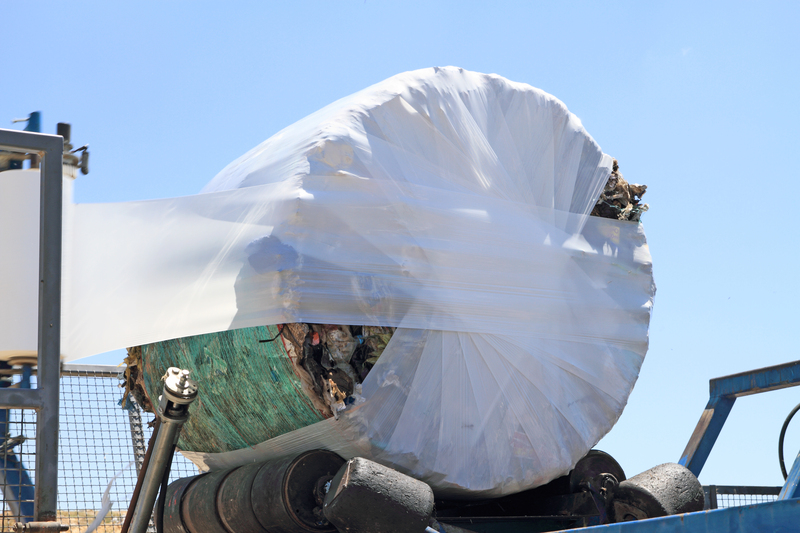Understanding the Impact of E-Waste on the Environment
In today's digital age, the rapid advancement of technology has led to an increase in electronic waste, or e-waste. As gadgets become obsolete faster than ever, the question arises: why is recycling e-waste vital for our planet's health? Understanding the environmental implications of discarded electronics is crucial in addressing this growing concern.
The Growing Problem of E-Waste
E-waste includes a range of discarded electronic devices such as smartphones, computers, and televisions. It is alarming to note that annually, the global community produces around 50 million metric tons of e-waste. Unfortunately, only a small portion of this is recycled properly.
- Rising Consumption: With increasing consumer demand for the latest gadgets, the volume of e-waste is steadily rising.
- Short Product Lifespan: Many electronics are designed with limited lifespans, leading to frequent replacement and disposability.
Why Recycling E-Waste Matters
Recycling e-waste is not just about disposing unwanted gadgets responsibly; it's about mitigating environmental harm and promoting sustainability. Here, we explore the reasons why e-waste recycling is essential:
1. Protecting Natural Resources
Electronic devices contain valuable materials, including gold, silver, and copper. By recycling e-waste, we can recover these materials and reduce the need to mine new raw resources, thereby conserving the earth's finite resources and minimizing environmental degradation associated with mining activities.
2. Reducing Landfill Expansion
Improper disposal of e-waste leads to overflowing landfills, which not only encroach on land that could be used for other purposes but also pose significant environmental risks. E-waste contains hazardous substances, such as lead and mercury, which can leach into soil and groundwater, causing toxic pollution.
3. Minimizing Pollution and Health Risks
When e-waste is irresponsibly incinerated or landfilled, it releases harmful toxins into the air, soil, and water. These pollutants can adversely affect human health, causing respiratory problems, skin disorders, and even cancer. Recycling e-waste safely and correctly helps prevent the release of these hazardous substances into the environment.
4. Creating Economic Opportunities
E-waste recycling offers significant economic benefits. It is an industry that creates jobs in the collection, transportation, and processing of electronic waste. Additionally, the recovered materials are valuable commodities that can be reintroduced into the manufacturing cycle, leading to cost savings for manufacturers and suppliers.


Approaches to Effective E-Waste Recycling
To ensure that e-waste recycling has the desired positive impact, certain best practices should be adopted:
1. Consumer Responsibility
Individuals play a crucial role in e-waste management. Effective recycling begins with informed consumers who choose to properly dispose of their electronics by utilizing designated e-waste collection points or return programs offered by manufacturers and retailers.
2. Government and Policy Action
Governments can enact legislation and regulations that mandate responsible e-waste disposal and incentivize recycling. Successful models include extended producer responsibility (EPR), which holds manufacturers accountable for the entire lifecycle of their products.
3. Investing in Recycling Technology
Advancements in recycling technology are essential to addressing the challenges posed by e-waste. Improved technologies can enhance the efficiency of recovering valuable metals and materials, ensuring that fewer precious resources go to waste.
4. Educating the Public
Raising awareness about the importance of e-waste recycling and its environmental benefits can drive higher participation rates in recycling programs. Public campaigns and educational initiatives can foster a culture of responsibility and environmental stewardship.
Conclusion: A Call to Action
Recycling e-waste is not a mere option, but a necessity for safeguarding our planet's health. By recognizing the repercussions of electronic waste and taking concerted action, we can minimize environmental harm and promote a sustainable future. Whether you're an individual, business, or government, your role in this vital effort is imperative. By prioritizing e-waste recycling today, we are investing in a cleaner, healthier planet for generations to come.